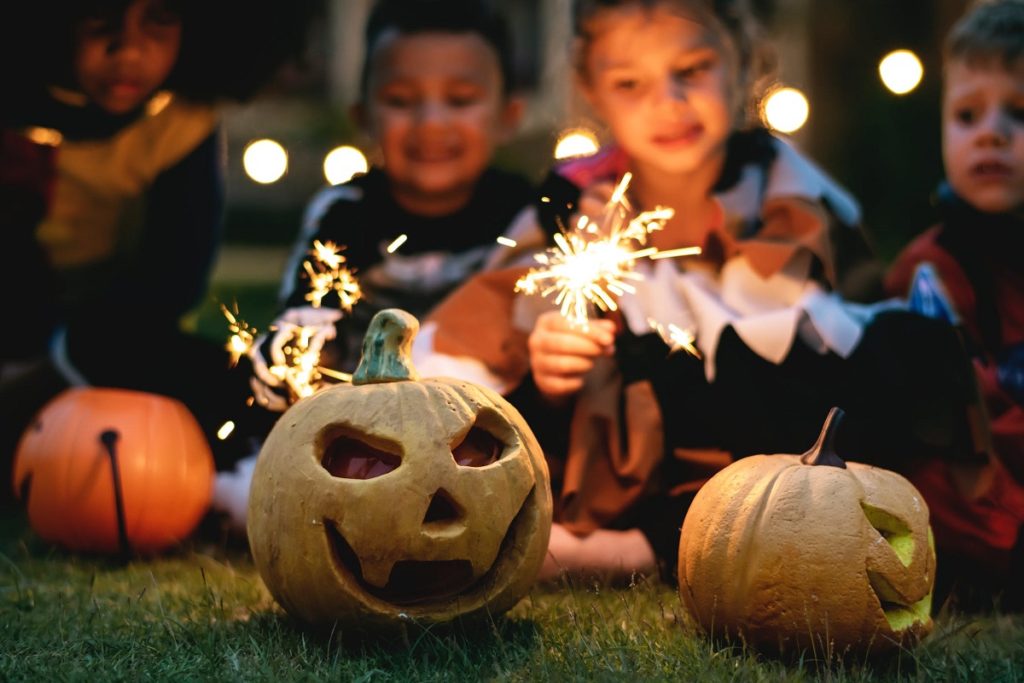Halloween is the time of year when all things creepy, crawly and scary take center stage for one night. Some kids like to be scared and others … well, they just want candy.
But after the trick-or-treating winds down, porch lights have been shut off and little goblins have gone to sleep, you may find that your child suffers from a scary habit: bruxism.
Bruxism is the medical term for grinding your teeth or clenching your jaws, and even kids are susceptible to the horrible habit. In fact, experts say two or three out of every 10 children grind and clench at night, often during deep sleep.
Experts aren’t really sure what causes children or adults to grind their teeth. Some cases likely are caused by alignment problems, when a child’s top and bottom teeth don’t line up properly. Other children may grind teeth to relieve pain from an earache or teething. Another cause may be stress, anxiety or anger. A child might be worried about a major life change such as a move or upset about an issue with a teacher at school. Hyperactivity also can spur bruxism, and so can taking certain medications.
Kids who grind their teeth usually don’t know they’re doing so, so it’s up to parents to look for clues. Look for these signs:
- You hear grinding noises when your child is sleeping
- They complain about a sore jaw or face after waking up
- They experience pain when chewing
So what can you do to help your child sleep better if bruxism is keeping him or her up at night? If you suspect your child is grinding his or her teeth, visit the dentist. A dentist will check your child’s teeth for signs of bruxism, including chipped enamel, unusual wear and tear, and increased sensitivity. If the dentist finds any telltale signs of grinding, he or she will try to figure out whether the cause is more physical or psychological so the bruxism can be treated accordingly.
While kids usually outgrow bruxism, some do continue to grind into their teen years and beyond. That’s why it’s important to find the underlying cause behind the grinding. If it’s stress, make sure your child tries to relax before bedtime by taking a warm bath or reading a book. People who suffer from bruxism should also avoid foods that may make jaw pain or alignment problems worse, including nuts, steak and candy. Chewing for long periods of time, like when chewing gum, also should be avoided. So all that Halloween candy won’t help your child sleep better if he or she grinds and clenches.
If bruxism makes a child’s face and jaw sore or is damaging his or her teeth, another solution may be necessary. It might take some getting used to, but wearing a dental guard at night can protect kids’ teeth and help them sleep better. Visit www.sleepright.com to see what dental guard options are available.



